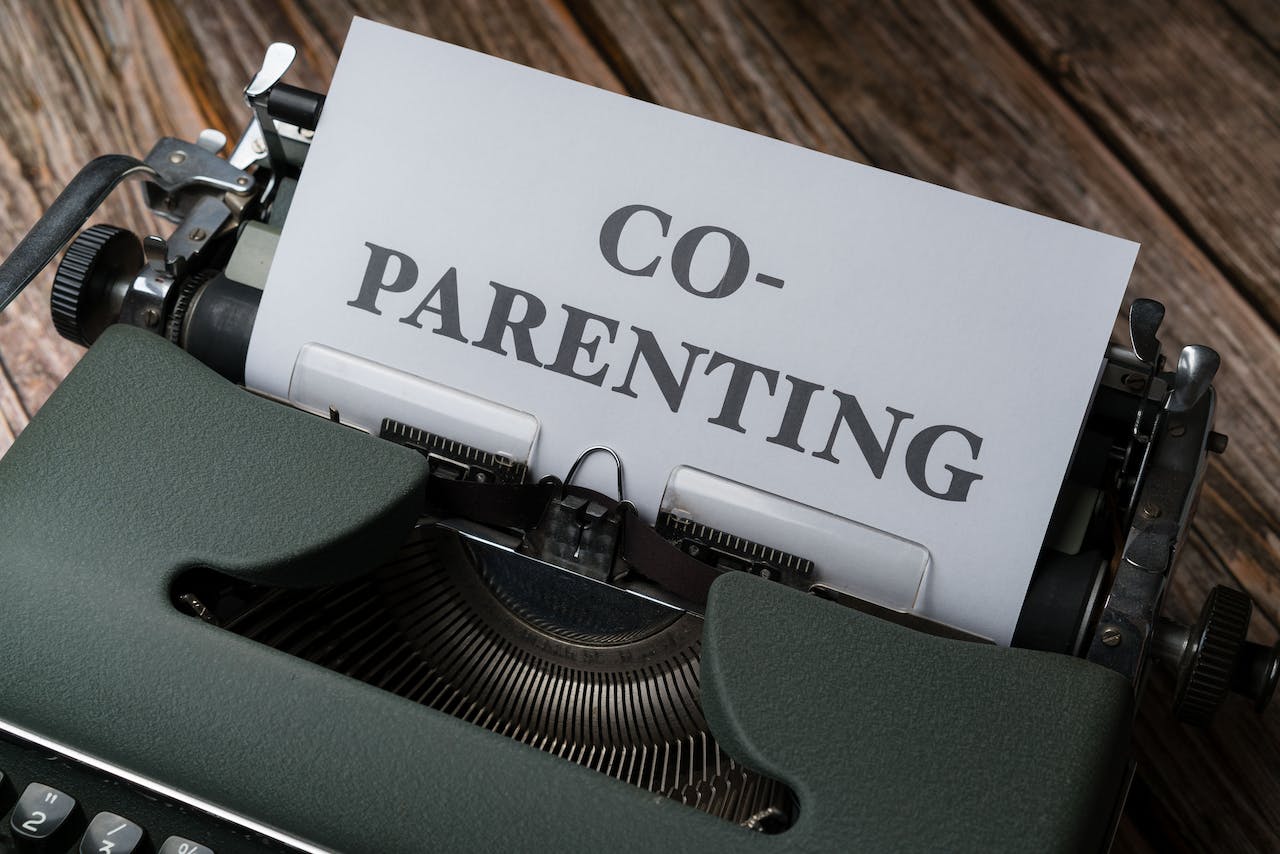Guiding You Through Child Custody Evaluations In Georgia
At Barrett Partners Group, we understand the complexities involved in making child custody decisions. Delving into the core principles of “Prioritizing the Child’s Best Interests” and the significant contributions of “Guardians Ad Litem,” it’s clear that superior court judges heavily depend on external expert assessments. These assessments are vital in formulating the optimal custody or visitation arrangements for the children at the heart of these cases. Courts often turn to Guardians Ad Litem (GAL) and professional custody evaluators for their expertise. Moreover, either a GAL or the parties involved might suggest mental health or custody evaluations to assist the court or the Guardian in reaching well-informed decisions, as mandated by Uniform Superior Court Rule 24.9(8).
When determining child custody or visitation rights, judges have the authority, under O.C.G.A. 19-9-3(a)(7), to require family psychological evaluations. These assessments are impartially conducted by court-designated mental health professionals, ensuring a fair and unbiased evaluation. The focus of these evaluations is to uncover both family and individual aspects that influence the child’s psychological health. Evaluators are tasked with giving the court a holistic view, outlining the psychological needs of each child, the ability of the parents to meet these needs, and suggesting the most appropriate custody or visitation arrangement.
During these evaluations, the following key steps are usually taken:
- Conducting several interviews with each parent;
- Implementing psychological tests to gauge the parent’s character and approach to parenting;
- Monitoring how parents interact with their children in different environments;
- Assessing the child’s mental state with specific psychological evaluations;
- Interviewing the child and individuals closely involved in the family’s life, like teachers, therapists, family members, and others who offer valuable perspectives on the child and parenting;
- Compiling extensive developmental histories for the child or children;
- Examining various records, such as educational, medical, legal, and personal documents including diaries, photos, and videos;
- Visiting the family’s residence;
- Evaluating the parents’ ability to fulfill the child’s developmental and psychological needs, along with understanding the child’s own preferences, and how each parent can cater to those.
A skilled evaluator balances the information sources, avoiding overreliance on any single one. They meticulously compile and analyze data from varied sources before forming any conclusions. Their aim is to develop recommendations that truly represent the best interests of the child. Like GALs, evaluators summarize their findings in a comprehensive report, clarifying the basis of their conclusions. This report is then presented to the court. Collaboration between the evaluator and a GAL is common if both are involved, ensuring unified efforts and shared information.
It’s important to note that communications with a court-appointed evaluator are not confidential among the involved parties, including parents, attorneys, judges, and GALs, unlike private psychological consultations. The evaluator’s findings can significantly assist parents in reaching agreements on custody, visitation, and parental decision-making. If an agreement isn’t reached before trial, either party may invite the psychologist to provide testimony. The parties involved are responsible for the evaluator’s fees, which can range from $3,000 to $15,000, usually divided equally unless one party seeks the evaluator’s testimony in court.
After the evaluation, either parent can challenge the report’s validity in court if they deem the evidence or logic insufficient. The judge ultimately determines the relevance and impact of the evaluator’s report in deciding custody and visitation.
To understand how a custody evaluation might influence your case, or to prepare for an upcoming evaluation, contact Barrett Partners Group. Our team of experienced child custody attorneys is ready to provide you with expert guidance and support.







